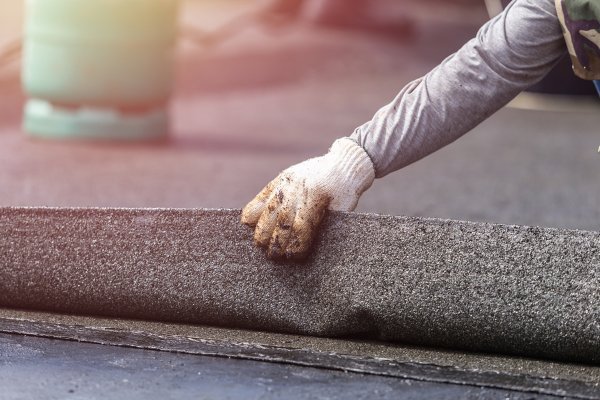
Let us ask you a question...
Have you ever paused to ask why a flat roof is the most common for commercial roofing?
Most people who plan to run a physical business never really know the answer. Maybe you’re thinking it’s just how it’s supposed to be or the "trend" among commercial properties.
We’re not here to turn you into a roofing expert. That’s our job.
But as a property owner, having some basic understanding about your investments (your roof as one of them) is important. It helps you care for your roof better and maximize its useful service life.
This blog post discusses three things:
Before we proceed, you should know that not all commercial roofing materials are flat. Some facility owners prefer asphalt shingles for commercial properties to meet a certain design. These are also more common among multi-family homes.
So, to answer the question, here are some reasons...
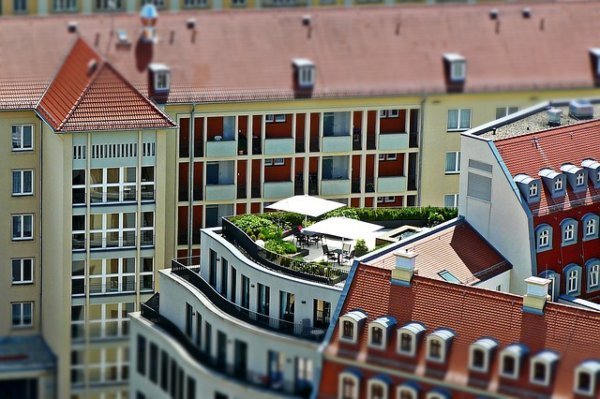
Flat roofing systems have an advantage over sloped roofs in that they offer extra space. You can’t really put anything on a sloped roof. Flat roofs accommodate:
The second reason why flat roof is the most common for commercial roofing is the cost. By just looking at flat roofs, you can tell that they’re more affordable. Their compact design means fewer materials to work with and a shorter work timeframe.
Properly-installed flat roofs also help you save money. Throughout the year, there are fewer roof-related problems to deal with. To make this happen, hire a licensed contractor.
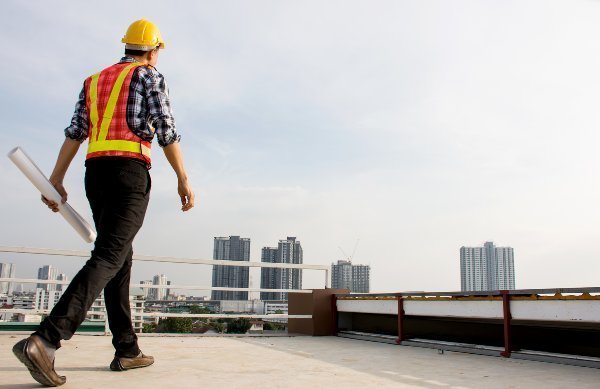
Sloped roofing systems make inspections riskier. With commercial flat roofs, contractors and (even you) can conduct a visual maintenance check with ease. Just imagine the dangers of going up a sloped roof. This is why some DIY roofing jobs result in disasters.
But just because a roof is flat, doesn’t mean you’re safe. Again, put roofing work in the hands of professionals.
Now that we’ve answered the question, “Why flat roof is the most common for commercial roofing” let’s find out whether flat roofs are 100% flat.
The answer: No, they’re not entirely flat. They have a pitch of about 10 degrees. This is to allow rainwater to drain from the roof otherwise ponding will occur.
One of the reasons why some flat roofs pond is that they were poorly constructed. Your team of roofers can use insulation to add slope. As always, they should properly plan the installation work and use high-quality materials.
Wondering what commercial flat roofing to use on your commercial building? Whether you need an installation or replacement, here’s a list of materials to choose from:
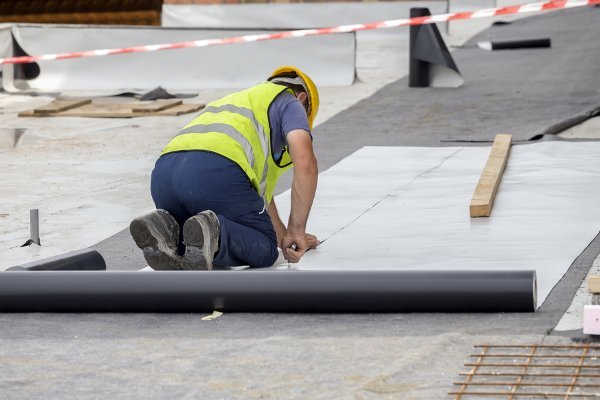
These flat roofing membranes come in single sheets and act as a waterproofing layer. We usually see single-ply membranes come in rolls. Below are the common types:
If you’re looking for a roofing system that stood the test of time, choose BUR. They’re been around for 100 years already. Contrary to single-ply roofing membrane, built-up roofs are comprised of layers of asphalt and tar.
This multi-layer protection makes BUR durable and resistant to high foot traffic. BUR shows superior wind uplift performance. Busy property owners love the fact that built-up roofs require less maintenance.
People sometimes call modified bitumen roofing as “torch down roofing” because of the way it’s applied. The rubberized asphalt material is melted using a torch. But don’t worry, this application method doesn’t release harmful fumes.
One can expect modified bitumen to last at least 20 years with minimal problems only. To restore the material and maximize its service life, a contractor may apply reflective roof coatings.
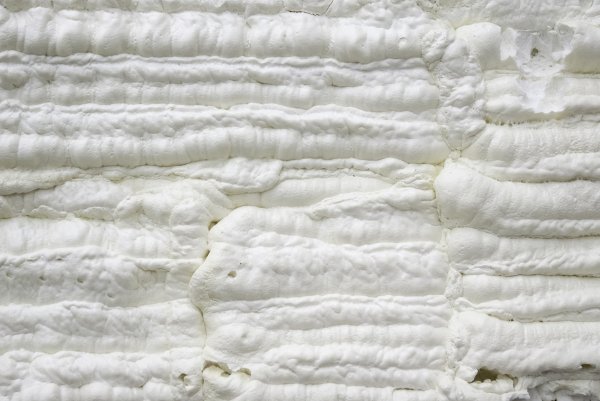
Frustrated with seams and cracks? If this is the case, what you need is an SPF roof. A contractor sprays liquid on the surface and it expands into a foam. It doesn’t matter if a surface is irregularly shaped or made of metal or wood. SPF conforms to any material.
SPF boosts the energy-efficiency of any property by preventing air leaks. There is rarely a need for a roof tear-off with SPF roofing. Be sure to hire a contractor that knows how to install SPF right.
We’ve already told you the reasons why flat roof is the most common for commercial roofing. You also know that flat roofs are not really flat and that there are various materials to choose from.
Next, you'll want to work with a highly-experienced and well-educated Denver CO roofing contractor for all your projects. If you haven't yet, you can choose to work with Roper Roofing.
We are the go-to company for your commercial flat roofing needs. We specialize in EPDM, PVC, TPO, and Torch Down Roofing. Call us today at 720-307-7143. Let’s discuss your next project!